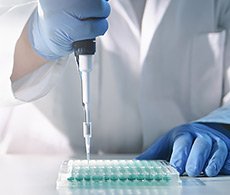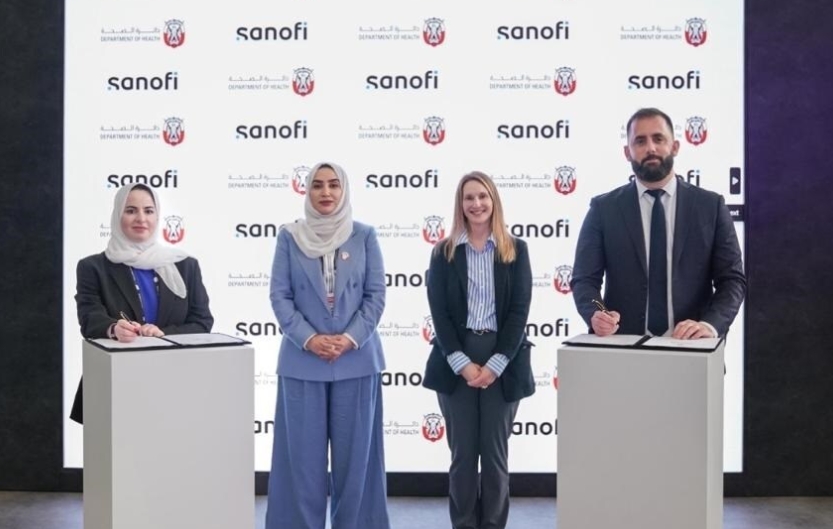
Image Source: Thermo Fisher Scientific
Thermo Fisher Scientific, the world leader in service science, has announced the expansion of two next-generation sequencing (NGS) assays that align with the most recent data associated with cancer research. Thermo Fisher will introduce the latest iterations of the Oncomine BRCA Research Assay and the Oncomine Comprehensive Assay (OCA) at the annual American Society of Clinical Oncology (ASCO) conference in Chicago, June 2-6.
In depth analysis of BRCA1 and BRCA2 genes is a crucial tool in breast and ovarian cancer research. The Oncomine BRCA Research Assay, which enables detection of both germline and somatic mutations, is now enhanced to detect large insertions/deletions (InDels) and exon or whole gene deletion or duplication events. This new capability now empowers researchers to detect all classes of BRCA1/2 alterations in one NGS workflow from whole blood or formalin-fixed paraffin-embedded (FFPE) tissue. The new BRCA1/2 assay also eliminates the need to use multiple technologies to acquire a complete analysis of these important gene targets.
Central to national clinical studies such as NCI-MATCH and LC-SCRUM Japan, OCA has been updated to enable clinical researchers to investigate key drivers in cancer during clinical studies. The panel includes 161 actionable gene targets to assess hotspots, SNVs, InDels, copy number variants and gene fusions across a range of cancer types.
Notably, the latest version of OCA (OCAv3) features 31 gene targets associated with DNA damage repair pathways to support research into the processes that lead to high somatic mutation counts in cancer, an increasing focus of clinical research and investigational therapies. OCAv3 also features expanded coverage of gene targets associated with resistance to therapies and an expanded menu of gene fusions in more than 50 fusion driver families.
The new targeted NGS research assays offer a fully automated workflow that is optimized for library preparation on Thermo Fisher's Ion Chef Platform and sequencing on the Ion S5 and S5XL systems. Both are also based on Ion AmpliSeq technology to enable robust results with low input amounts (2–3 FFPE slides), including fine-needle aspirates.
"The ability to provide the most relevant tools is critical to our customers' success and to the advancement of clinical research in cancer," said Joydeep Goswami, president of Clinical Next-Generation Sequencing and Oncology for Thermo Fisher in a press release. "To this end, we continually strive to support their needs in the laboratory so they remain on the leading edge of making precision medicine a reality in the near future."




